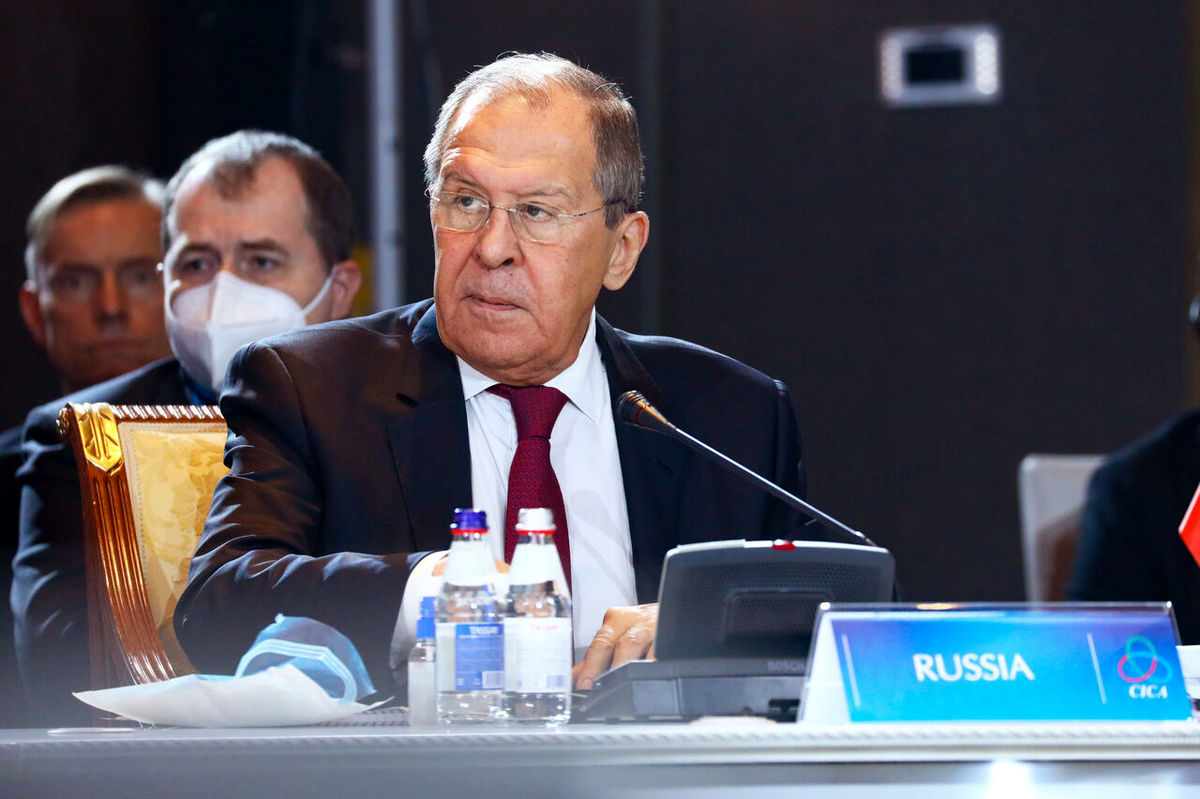Abolghassem Delphi in an interview with the site of the Strategic Council on Foreign Relations referred to Russian demand of the U.S. to give guarantee that Ukraine sanctions will not in any way damage Iran and Russia relations after Joint Comprehensive Plan of Action (widely known as JCPOA) finalized, he stated:” such a demand can have various reasons like war in Ukraine and extensive sanctions imposed on Russia. Moreover, it indicates that Russia tries to employ every leverage to confront the sanctions”.
Having stressed that nuclear deal has had a specific framework from the outset and it was supposed that the Western sanctions on Iran would be lifted versus the imposition of restrictions on nuclear facilities, he added:” during the years when Iran was subjected to sanctions all member countries of the United Nations Security Council as well as the EU members were applying sanctions against us. They never said that if Russia was capable of bypassing the sanctions and cooperate with Iran, we can apply the same possibility! Therefore, the definition provided by Russia from JCPOA based on which it claims a kind of right for itself, can not be accepted”.
The analyst of international issues referred to the official positions of Iran versus the claim as well as its demand for transparency and said:” it should be noticed whether Russians have adopted the policy as a (new) game in their relations with the West or they want to obstruct the implementation of a probable nuclear deal. At the present situation, we witness that in the meeting of Council of Governors in Vienna negotiations, the European Troika warned Russia in a statement to avoid raising new conditions that lead to more complication in reaching the deal. In the statement, it was also added that the country has suspended the talks through its additional demands!”.
Having referred to the U.S. opposition with the Russian demand, Delphi continued:” at the present situation, Russians are seeking to seize the opportunity and to reduce the pressures on their relations with the West. They have shown that if the pressures are going to mount, they would raise impediments on other dossiers related to their ties with the West that can harm their relations with the concerned parties”.
Probable Role of the Zionist Regime
Having stated that in view of the relations between the two countries, the Russian positions have caused misunderstandings for Iran, he explained:” the remarks made by the Russian Foreign Minister were raised immediately after the Zionist regime prime minister visited Moscow. For sure, among the agenda of negotiations during the visit was Vienna talks. In view of the serious concerns of the Zionist regime about the probable deal in Vienna, it seems that the recent position taken by Russia was not irrelevant to the aforementioned visit”.
Delphi spelled out:” the Zionist regime is trying hard to prevent signing of nuclear deal and wants to leave effects on the Russian positions. In the meantime, it must not be forgotten that in some of the Middle East issues, Russia and the Zionist regime have been in full coordination”.
Concerning the strategies and tactics of Iran at these conditions, as well as the final stages of Vienna talks, Delphi noted:” what is happening in Vienna should continue to move through the same channel that already was determined. Efforts should be made to keep Vienna talks immune from the effects of external factors”.










0 Comments